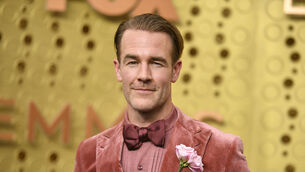Wonder Woman? (She doesn’t exist)

Now take this Wonder Woman, the most successful female you know, and run her through a quick perfection counter, the kind of checklist we regularly assign to women we encounter.
Is your most successful woman in a perfect relationship with the partner of her dreams? Does she have perfect children, born at carefully arranged intervals and each now ensconced in a respected university? Is she at the top of her career? Is she earning serious money and investing it well? Has this woman saved the world yet, or at least made a significant contribution to ending poverty, fighting hunger, or combating global climate change? Is she fulfilled? Thin? Unwrinkled? And does her home have hand-crocheted table runners and organic kale growing in the yard?










